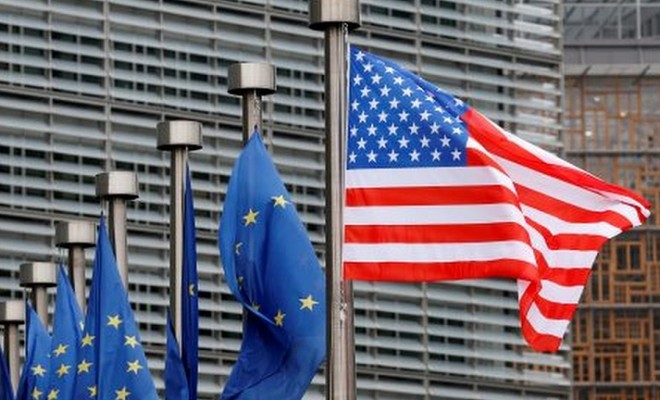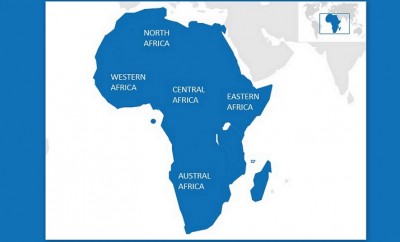
G. Friedman: What Does It Mean to Rejoin Europe?
U.S. President Joe Biden’s trip to Europe has thus far pivoted around the single issue on which almost the entire world agrees: Biden is not Donald Trump. In the United States, those who voted for Trump – nearly half of all of those who voted – mourn this fact. The others cheer it. The Europeans who were present at the G-7 meeting seemed to agree that this was a wonderful thing. But most European countries are not part of the G-7, of course, and some, like Poland, dread Biden. For many European countries, the Trump-Biden issue is a non-issue. Russian President Vladimir Putin said he really thought Trump was way more interesting than Biden could ever be, but he figured Biden would be alright, if boring.
Like it or not, the trip is about the extent to which Biden will change U.S. policy in Europe and Russia, which means the trip is about Donald Trump. The way it was put many times is that the U.S. is back on the side of Europe, just as it had been since World War II. The problem with using this as a definition is that it is hard to define what it means.
After World War II, the Soviet Union emerged as a threat to a Europe that was decimated by war. It was urgent for the United States to help rebuild Europe so that it could field military forces to resist the Soviets and stabilize countries like France and Italy that had powerful communist parties. U.S. involvement had much less to do with sentimentality than a geopolitical reality that forced Western Europe and the United States into a wide-ranging alliance system. For all the talk of pious virtue, it was too soon to speak of shared values with Germany and Italy, and later, when the U.S. needed submarine bases in Spain, Washington forced itself to be polite to Francisco Franco. The U.S.-European relationship was built on necessity, not shared values.
This changed in 1991. The Soviet Union collapsed, and with it the purpose of NATO. Its mission was to block or deter a Soviet attack in Western Europe. Europe and the United States created military forces suitable to the mission, and every member had a designated area of responsibility. But today, there is no Soviet Union, a fact that European countries only relatively recently discovered, dramatically decreasing their military forces accordingly. A military alliance cannot really exist without a military. So if the Russians ever advance westward, Germany, for example, would be hard-pressed to field a significant force. The U.S. would be trapped by treaty to engage and would have to carry the load. When Trump suggested withdrawing 10,000 troops from Europe, the Europeans saw it as the U.S. abandoning its commitment. Trump demanded equal efforts from other members.
Συνέχεια ανάγνωσης εδώ
Πηγή: geopoliticalfutures.com




